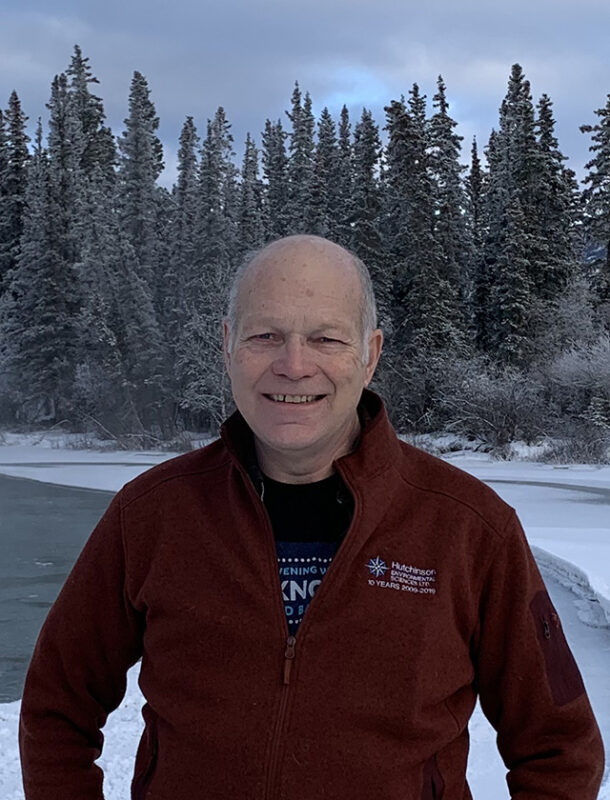Our Changing Watershed: What Have We Learned, Muskoka?
Our Changing Watershed series illustrated problems and aimed to identify solutions.
By Dr. Neil Hutchinson.
We thank all of you who have read and followed our series of articles over the summer. The Muskokan, our host, reports there have been over 8,000 hits on our series and so it is clear many people are interested. We chose topics to illustrate the problems faced in our watershed and hopefully to identify some solutions. We saw the natural functions of our watershed that both contribute to and help control flooding. We saw the opportunity to look beyond infrastructure to the natural resilience of our watershed and how an integrated watershed management approach, including changing our own expectations and behaviour, works with natural features to protect our environment.
The article that generated the most hits at The Muskokan suggested we give our watershed legal rights. This seems a logical extension of the article comparing watershed health to human health, watershed scientists to doctors and how to work with both to maintain health. The article on natural flood management was also popular, showing there is at least an interest in working with nature instead of against it. This supports the focus of the Muskoka Watershed Council on integrated watershed management to address our challenges. We showed how a warming climate will change our watershed and hope we clarified that current global warming is primarily caused by humans; whereas short-term El Niño and La Nina cycles may mask or enhance this, and Milankovitch cycles around the sun will not change Muskoka’s weather within our lifetimes.
Yes — it is complex, which is why we should respect substantiated science and not opinion. The articles on climate scientists and the review process clarified that our concerns arise from serious scientists cautiously interpreting real data in concert with validated climate models, such that the observed climate change impacts are likely to be more serious than predicted, not less so. We presented the true costs of failing to address our environmental issues, the benefits of tackling them and examples of past successes addressing large scale environmental problems.
It appears that our series was timely — this summer we saw the ever-accelerating responses to our warming climate; not only in Muskoka but across the country and around the planet. The combination of floods, fires and extreme events is unprecedented and shows what we can expect in the future. As such, it is disappointing to see that some of our politicians continue to drag their feet, deny the problem or ascribe the changes we are seeing to the wrong cause. Our problems are big enough that we can only solve them through the combined efforts of ourselves, our elected officials and our paid public servants. We can no longer accept denial and obfuscation.
This is the last article in the series. We would like to thank you for joining us and thank all of our contributors — we are indeed fortunate for the high calibre of experts who have chosen to live in Muskoka and to contribute to our series. All of our articles can be found on the Muskoka Watershed Council website at https://www.muskokawatershed.org/blog/category/articles/our-changing-watershed-series/. We hope that you come back and read them again, keep them in mind, share them with your friends, and of course with our politicians.
Finally, our 2023 Muskoka Watershed Report Card will identify some of the key changes, some of the key stresses and some of the key problems facing our watershed and the need to move forward with prevention and with better management of those impacts we can’t prevent. The Report Card will be launched at the Muskoka Discovery Centre on September 18th at 10:30 a.m. You’ll then be able to find it on our website and on social media, but we encourage you to come to the launch in person.

This concludes Muskoka Watershed Council’s summer 2023 series on “Our Changing Watershed” in The Muskokan newspaper. This week’s contributor and series editor is Neil Hutchinson, a retired aquatic scientist, Bracebridge resident and director, Muskoka Watershed Council, Friends of the Muskoka Watershed, and Georgian Bay Forever.
